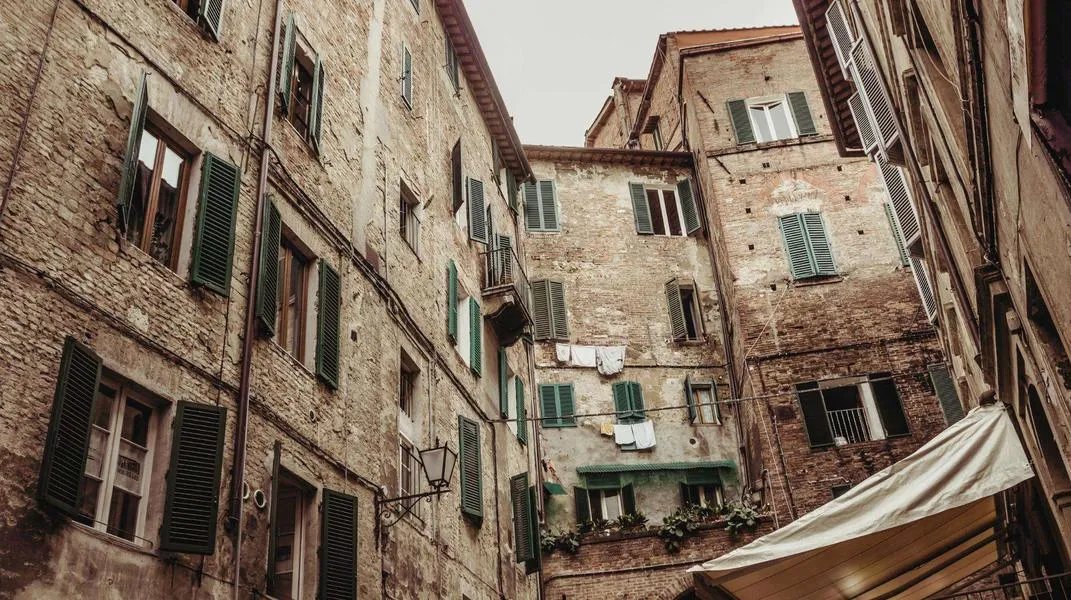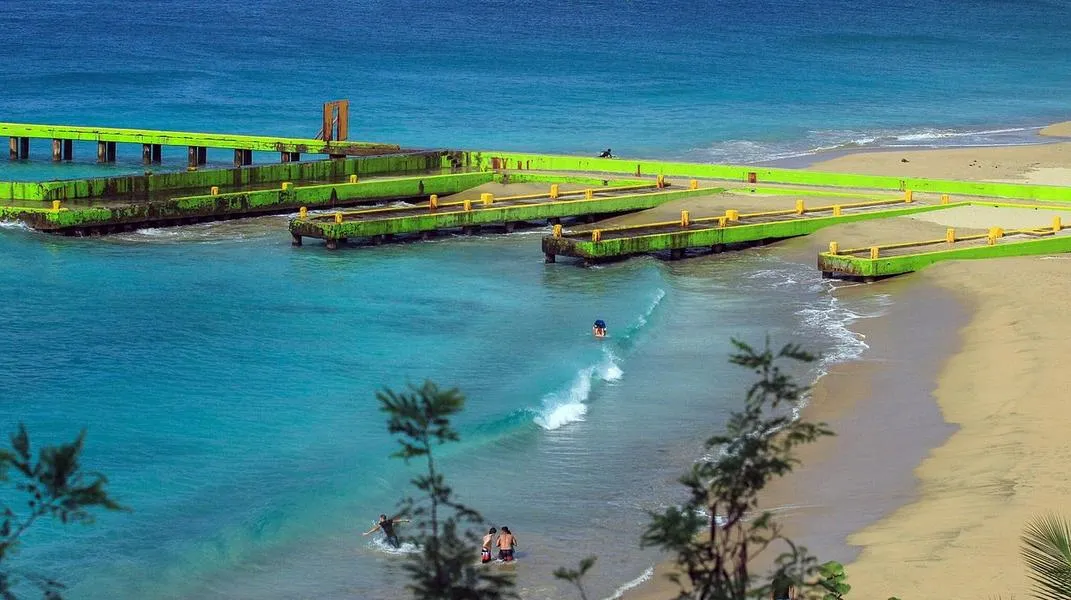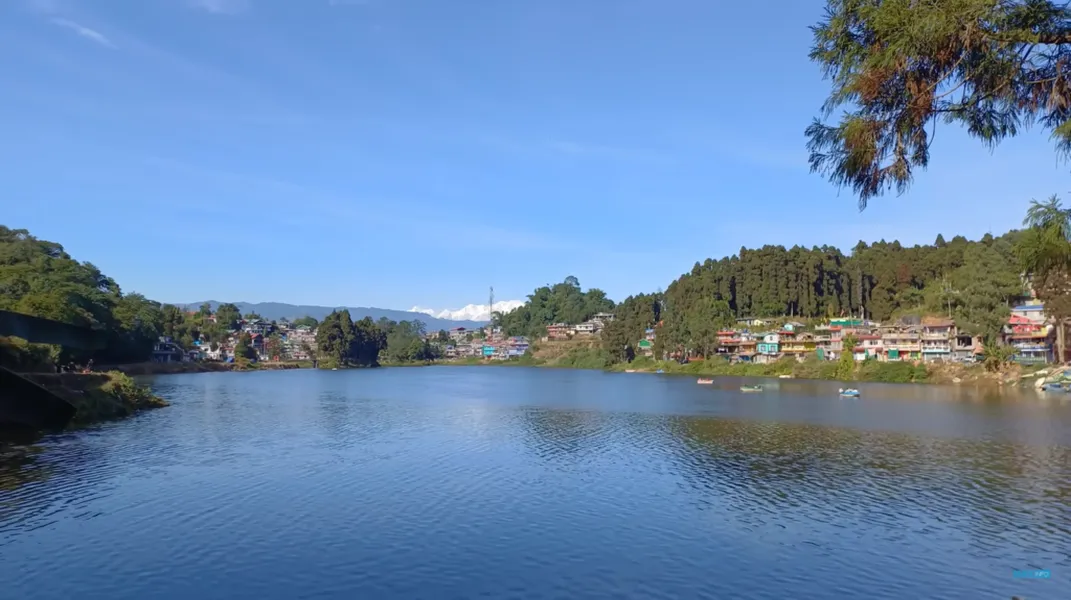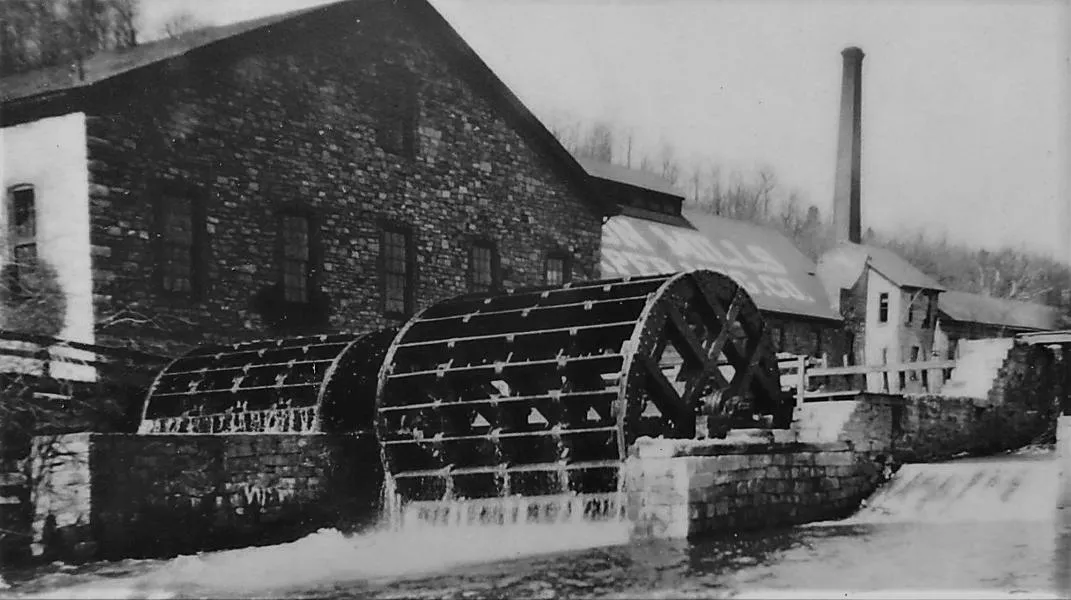Discovering Innsbruck: A Jewel in the Austrian Alps
Nestled in the heart of the Austrian Alps, Innsbruck is a breathtakingly beautiful city that effortlessly combines rich history, vibrant culture, and an abundance of outdoor activities. As the capital of Tyrol, Innsbruck is not only a gateway to stunning mountain landscapes but also a hub for winter sports, art, and architecture. This article will delve into the attractions, experiences, and essential preparations for an unforgettable visit to this charming alpine city.
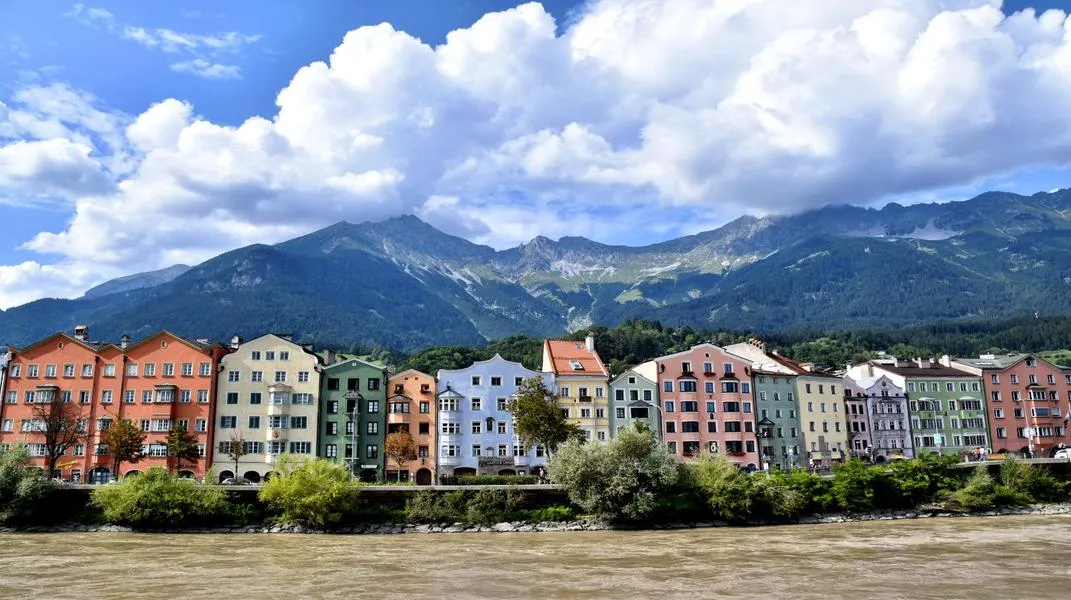
The Allure of Innsbruck
Innsbruck, which translates to "Inn Bridge," lies at the intersection of the Inn River and several mountain passes. The city’s picturesque setting has made it a popular destination for tourists who seek both adventure and cultural enrichment. With a history dating back to the Roman Empire, Innsbruck boasts a wealth of historical sites, including the iconic Golden Roof, the Imperial Palace, and the Nordkette mountain range, which provides a stunning backdrop to the city.
Historical Significance
Innsbruck's history is vividly represented in its architecture and monuments. The city became the capital of Tyrol in the 14th century and served as a significant center for trade and culture. One of the most notable historical landmarks is the Golden Roof (Goldenes Dachl), a late Gothic balcony adorned with 2,657 fire-gilded copper tiles. Built in the 15th century for Emperor Maximilian I, this fascinating structure symbolizes the city’s historical importance and is a must-visit for anyone exploring Innsbruck.
Another essential site is the Imperial Palace (Hofburg), which served as the residence of the Habsburgs. The palace showcases Baroque architecture and exquisite interiors, including the stunning Hall of Giants. Visitors can immerse themselves in the opulent lifestyle of the Habsburg dynasty and appreciate the artistic craftsmanship of the era.
Natural Wonders
Innsbruck offers more than just historical attractions; it is surrounded by some of Europe’s most spectacular mountains. The Nordkette mountain range, which can be accessed by the Nordkettenbahnen cable car, provides breathtaking panoramic views of the city and the surrounding peaks. During the winter months, the Nordkette ski area becomes a hotspot for skiing and snowboarding, while in summer, it transforms into a paradise for hikers and mountain bikers.
The Patscherkofel mountain, located just south of Innsbruck, is another popular destination. It played host to the 1964 and 1976 Winter Olympics and offers a variety of hiking trails and winter sports opportunities. The summit can be reached via a cable car, providing stunning views of the Inn Valley and the Tyrolean mountains.
Cultural Experiences
Innsbruck boasts a vibrant cultural scene, with numerous museums, galleries, and events throughout the year. The Tyrolean State Museum (Tiroler Landesmuseum Ferdinandeum) is a must-visit for art and history enthusiasts. It features exhibits ranging from archaeological finds to modern art, with a particular focus on the Tyrolean region’s heritage.
The city also hosts various festivals and events, such as the Innsbruck Festival of Early Music, which attracts musicians and performers from around the world. Additionally, the Innsbruck Christmas Market during the holiday season transforms the city into a winter wonderland, with festive lights, decorations, and local crafts.
Preparing for Your Visit to Innsbruck
A trip to Innsbruck promises adventure and cultural immersion, but a little preparation can go a long way in ensuring a smooth and enjoyable experience. Here’s a comprehensive list of what you need to consider before your visit.
1. Travel Logistics
Getting There: Innsbruck is well-connected by train, bus, and air. The Innsbruck Airport (INN) serves several international and domestic flights, making it easy to reach the city. Alternatively, you can take a scenic train ride through the Alps, which offers breathtaking views.
Local Transportation: Once in Innsbruck, the city has an excellent public transportation system, including trams, buses, and the Innsbruck Nordkettenbahnen. Consider purchasing an Innsbruck Card, which provides unlimited access to public transportation, discounts on attractions, and free entry to several museums.
2. Accommodation
Innsbruck offers a wide range of accommodation options, from luxury hotels to cozy guesthouses and hostels. Depending on your budget and preferences, you can choose to stay in the city center for easy access to attractions or opt for a more secluded location in the mountains for a unique experience.
3. Clothing and Gear
Seasonal Considerations: The best time to visit Innsbruck depends on your interests. For winter sports enthusiasts, the snowy months from December to March are ideal. In contrast, summer (June to August) is perfect for hiking and outdoor activities. Regardless of the season, pack clothing suitable for the weather, including layers, waterproof jackets, and comfortable walking shoes.
Outdoor Equipment: If you plan on hiking or skiing, consider bringing your own gear if possible. However, there are numerous rental shops in Innsbruck where you can rent skis, snowboards, and hiking equipment.
4. Itinerary Planning
Must-See Attractions: Create a list of attractions you want to visit, ensuring to include a mix of historical sites, natural wonders, and cultural experiences. Allow for flexibility in your itinerary to explore unexpected gems or to spend more time in areas that capture your interest.
Guided Tours: Consider joining guided tours for a deeper understanding of Innsbruck’s history and culture. Local guides can provide valuable insights and stories that enhance your experience.
5. Food and Dining
Innsbruck offers a delightful culinary scene, with a range of dining options from traditional Tyrolean cuisine to international fare. Be sure to try local specialties such as Tyrolean dumplings (Kaspressknödel), wiener schnitzel, and apfelstrudel for dessert. Many restaurants also offer vegetarian and vegan options, ensuring a variety of choices for all dietary preferences.
6. Language and Culture
While German is the primary language spoken in Innsbruck, many locals speak English, especially in tourist areas. Familiarizing yourself with a few basic German phrases can enhance your interactions and show respect for the local culture.
7. Currency and Payment
Austria uses the Euro (€) as its currency. While credit cards are widely accepted, it’s advisable to carry some cash for smaller establishments and markets. ATMs are readily available throughout the city.
Conclusion
Innsbruck is a captivating destination that seamlessly blends history, culture, and natural beauty. Whether you’re skiing down the slopes of the Nordkette, exploring the rich heritage of the Imperial Palace, or savoring the local cuisine, Innsbruck has something to offer every traveler. With a little planning and preparation, your visit to this alpine gem will be a memorable adventure, leaving you with unforgettable memories and a desire to return. So pack your bags, grab your camera, and get ready to explore the wonders of Innsbruck!

